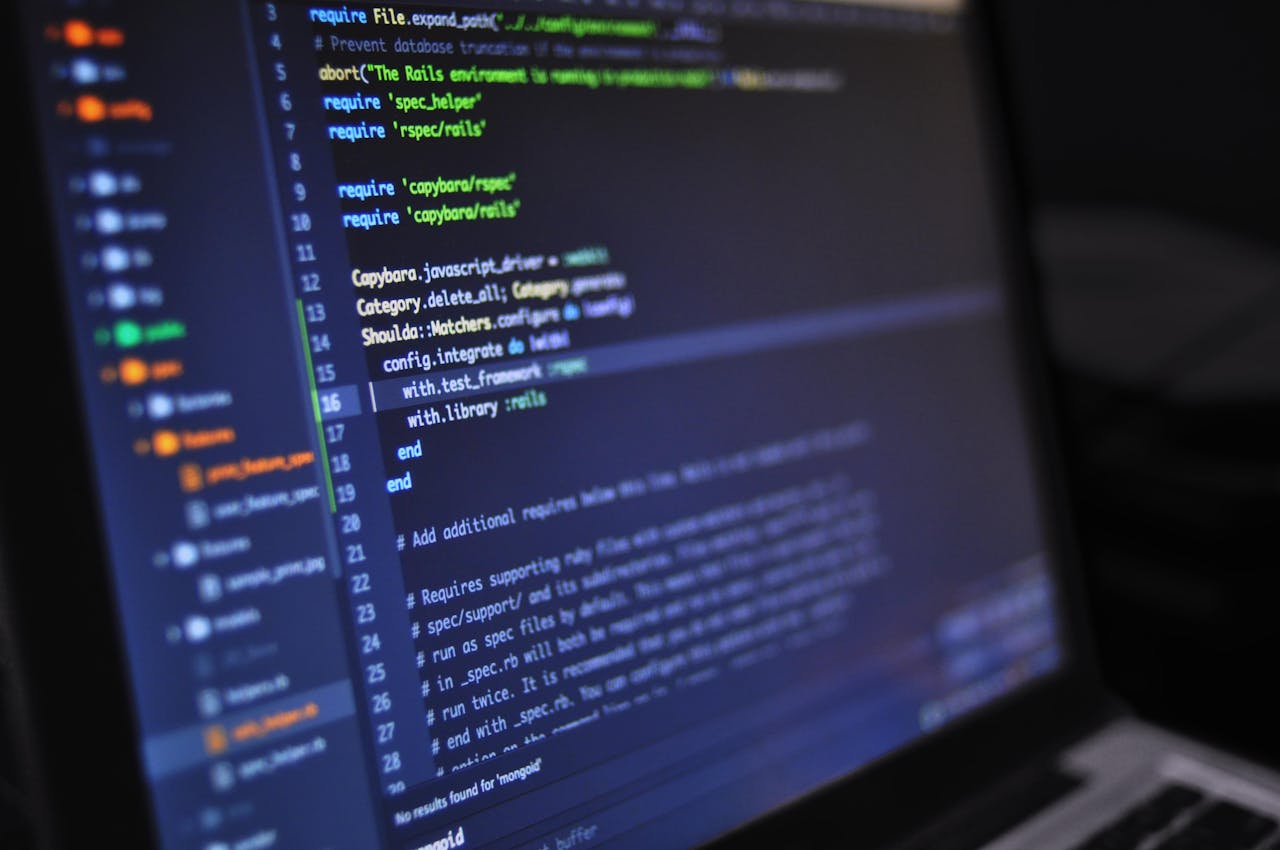Table of Contents
1. ✅ Use Meaningful and Descriptive Names
Bad:
let d = new Date();
Better:
let currentTimestamp = new Date();
🧠 Tip: Variable and function names should answer the what and why without requiring additional context.
2. 🔁 Keep Functions Small and Focused
Functions should do one thing—and do it well. If your function spans more than 20 lines or handles multiple tasks, it’s time to refactor.
function calculateTotal(cartItems) {
return cartItems.reduce((acc, item) => acc + item.price, 0);
}
3. 🧩 Avoid Deep Nesting
Nested conditionals reduce readability. Refactor using early returns or separate functions.
Bad:
if (user) {
if (user.isLoggedIn) {
// do something
}
}
Better:
if (!user || !user.isLoggedIn) return;
// do something
4. 📦 Keep Code DRY (Don’t Repeat Yourself)
Look for repetitive code and extract it into reusable functions or modules. This reduces errors and makes future changes easier.
5. 🗂️ Organize Your Files and Folders Intuitively
Structure your codebase in a way that mirrors how developers think about the system—not how it’s implemented.
Example structure:
/components
/pages
/utils
/services
6. 🧪 Write Unit Tests and Use Meaningful Assertions
Writing clean code isn’t just about how it looks—it’s about how it behaves. Unit tests ensure your code works as intended and remains reliable over time.
7. 📝 Add Comments Only When Necessary
Don’t comment what the code already says. Use comments to explain why, not what.
Bad:
// loop through users
for (let i = 0; i < users.length; i++) {
// do something
}
Better
// Filter out inactive users before processing
const activeUsers = users.filter(user => user.isActive);
8. 🌐 Stick to Consistent Formatting
Use tools like Prettier or ESLint for consistent style rules. This ensures your code is readable no matter who touches it.
9. 📉 Limit the Number of Function Parameters
Aim for 0–2 parameters per function. If you need more, group them into an object.
function createUser({ name, email, role }) {
// create logic
}
10. 🔄 Refactor Regularly
Clean code isn’t written—it’s rewritten. Set aside time during sprints for refactoring. Use code reviews and static analysis tools like SonarQube to guide you.
❓ FAQ
Q1: Why is clean code important?
✅ It improves readability, reduces bugs, and makes onboarding new developers easier.
Q2: How often should I refactor my code?
🔁 Ideally, you should refactor regularly—at the end of each sprint or feature milestone.
Q3: Are clean code principles language-specific?
🌍 No. These principles apply universally—whether you use JavaScript, Python, Java, or any other language.
🔧 Recommended Tools
ESLint / Prettier
SonarQube
GitHub Copilot (for suggestions, not substitution)
TypeScript (for typed clarity)
Jest / Mocha for unit testing






Leave a Reply